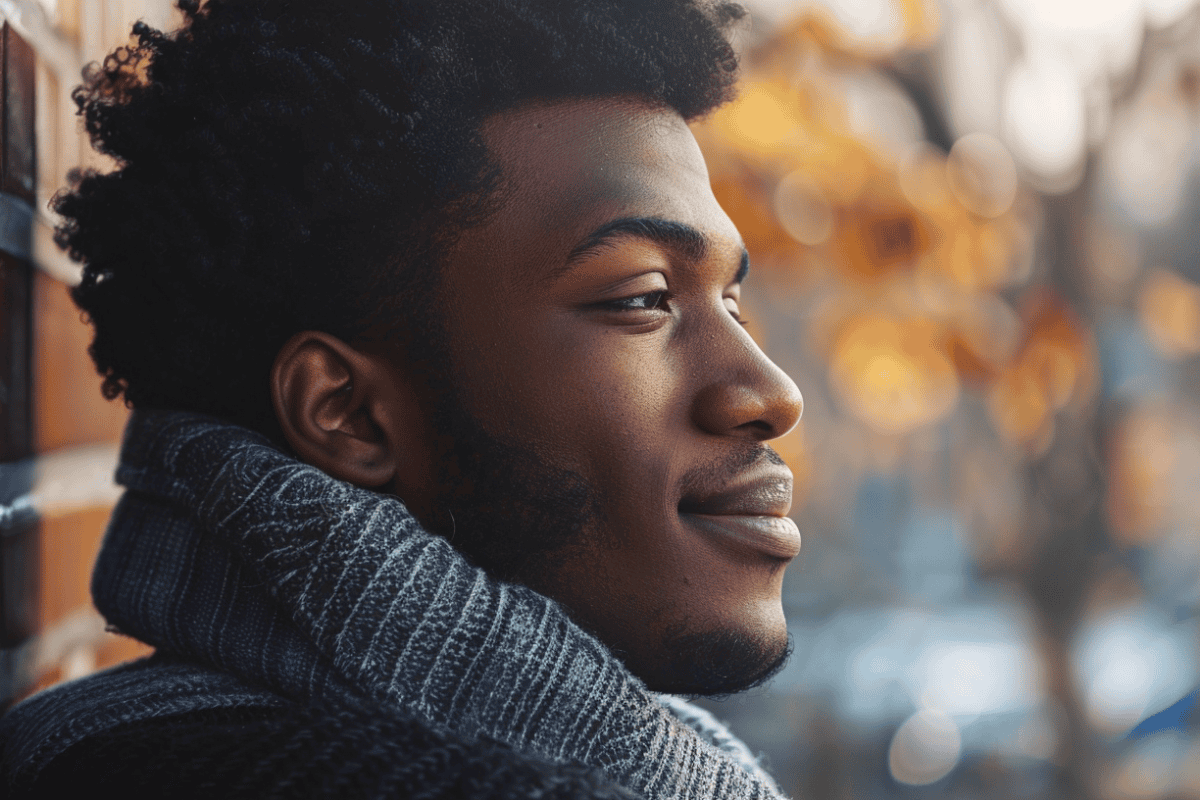By Baljit Sidhu, Founder, Tea Freak
Did you know that meditation has been scientifically linked to a change in 172 genes that regulate everything from inflammation to circadian rhythms to glucose metabolism, which leads to a significant decrease in blood pressure? As a yoga instructor and mindfulness facilitator, I’ve studied the practice of mindfulness for many years. As part of this, I’ve observed a number of cultures and customs around the world that relate to the practice of meditation, and what I’ve noticed is that many of them involve tea. Maybe this is because the art of making tea is ancient and ingrained in almost every culture, but it also could be because of the many benefits of tea.
Tea is a rich source of adaptogens, which are molecules that change their function based on the needs of the body — similar to how meditation changes genes. That means that tea can help fix many of the problems we face, whether they are physical or mental. And in the practice of mindfulness, physical and
Japan
Perhaps the best-known tea rituals in the world come from Japan, where tea ceremonies are an ancient tradition rooted in Zen-inspired ideas of simplicity, spirituality and meditation. These emerged in the eighth century after tea was introduced from China. Today, tea ceremonies are often practiced as a hobby or for tourists, but that doesn’t mean that you can’t use their origins to create a mindful tea practice for yourself. Traditional tea ceremonies are quite strict, are typically performed in a traditional tearoom, and take many hours to complete properly. It begins with a thick green tea, similar to matcha, and ends with a tea of thinner consistency. If you want to create your own practice, carve out space and time in your day to create your own tea ritual focused on preparing and drinking green tea.
To create your own mindfulness practice based on a Japanese tea ceremony, we recommend first getting the correct equipment: a green tea whisk, a powdered green tea, a tea scoop and a bowl or mug. Then, every time you want to perform a personal tea ceremony — I suggest every morning — you practice mindful preparation of the tea. This means being completely aware of the entire process of preparing the tea. This gives your mind time to settle and focus, away from daily stresses. Next comes the actual drinking of the tea. Find a quiet and calm space to sit with your tea for a few seconds, giving thanks and reflecting on what you have. Then, slowly begin drinking, focusing only on the task at hand. By carving out a few minutes to perform each step of this process, you are allowing yourself time to meditate and practice mindfulness in a Zen-inspired setting. Keep in mind that there are many different variations of the tea ceremony in Japan. While the most ornate and complicated can last several hours, many are considerably shorter. So, even if you only have 15 minutes in your busy day, there’s no reason why you can’t incorporate a brief tea ritual.
China
Tea has been a major influence in Chinese culture for millennia, and there are several tea ceremonies and customs that exist within their culture. The major one is the tea ceremony at weddings, but they’ve also been used in business settings as an ice breaker — the person hosting the meeting will start by rinsing the cups and discussing the tea that he or she will be serving. This helps to relax everyone, and it can be quite warm and familial, even in a business setting. In modern times, tea is used as a way to welcome visitors and neighbors. Guests are expected to sit and drink tea while visiting with their hosts, which creates a welcoming environment.
There is also an ancient practice in Chinese culture called Cha Dao, or “the way of the tea,” which integrates tea as a plant, a beverage and a tradition — as well as a medicine for the body, mind and spirit. Similar to the tea ceremonies in Japanese culture, the ceremony is about focusing on making and drinking tea, away from any distractions. When performing Cha Dao, focus on the serenity and harmony of the mind and body. This will help you to see the healing benefits of tea.
India
Tea is the national drink of India, so it makes sense that the country would have mindfulness practices rooted in tea culture. The primary type of tea that India is known for is chai, a black tea mixed with aromatic herbs and spices. Traditionally, it is brewed in milk and water to create a rich, full-bodied drink. Different varieties of chai have emerged from different regions across India. In a similar fashion to how water coolers are the place to chat in Western businesses, chai stalls in India function as gathering spots to discuss anything — the news, personal problems, family, or even just the weather. Chai is a conversation starter, wherever it is being consumed.
The practice of Ayurveda, a traditional medicine practice, also emerged from India and is full of tea traditions used for healing. Ayurveda promotes maintaining balance in the mind, body and spirit. Practices and daily activities can help you achieve balance, and they often include herbs and spices, calming music, yoga, meditation and essential oils. Herbal teas are an extension of this: different flavors and blends are thought to help detoxify, purify and balance the body. To incorporate Ayurvedic mindfulness practices, you must first understand which of the doshas — Vatha, Pitta and Kapha — are not aligned. Depending on how you’re feeling, whether that be stressed, unfocused, upset or otherwise, you would incorporate an Ayurvedic tea based on the dosha that can help relieve these issues and rebalance your mind, body and spirit.
Morocco
In Morocco, drinking tea is a way of life. It’s ingrained into the country’s lifestyle as a way to relax and to bond with others as an act of hospitality. Yet, even though it’s a common part of the culture, drinking it isn’t a simple act. Making Moroccan tea is an art and a skill that is passed down through generations. The tea of choice is a Moroccan mint tea — a blend of green tea, mint leaves and sugar. Drinking tea is not something that is done on-the-go or in a hurry; it is meant to be savored and enjoyed slowly and mindfully.
If you’re interested in exploring Moroccan customs for your mindfulness practices, you have to understand the importance of brewing and serving the tea. First, you brew the green tea until it is strong and add sugar to taste. Then mint is added, right before serving. Tea is served in small glasses and from a high height. This is to ensure that the tea has been prepared properly. If there is foam on top, the tea is ready to be served. To mix the tea properly, they a glass of the hot beverage is poured and then returned to the kettle. This is repeated two or three times. When the drink is properly mixed and foams well, tea can be served. As you drink your first glass, fill the kettle again with boiling water. Once your first glass is done, pour a second or even a third. The sheer amount of time and patience that is required to make Moroccan tea properly forces you to slow down and concentrate on the process.
Tea: A Global Mindfulness Technique
As you can tell, the ritual of making and drinking tea is steeped in culture. It is an important part of many people’s lives across the world and is probably why it’s the second most consumed drink after water. Incorporating tea customs into your mindfulness practice means that you can relax, slow down and concentrate on the tea without distractions, while also enjoying the many health benefits that come from drinking tea. And as the bitter cold of winter quickly approaches, it’s the perfect time to learn from the many cultures around the world that enjoy a warm mug of tea with their meditation, mindfulness, relaxation or hospitality routines.
Baljit Sidhu is a certified tea sommelier and nutritionist who runs an endoscopy clinic in Ontario. She is also a yoga instructor and mindfulness stress reduction facilitator. Baljit recently founded Tea Freak, a line of herbal and leaf teas inspired by her work in
Digital Health Buzz!
Digital Health Buzz! aims to be the destination of choice when it comes to what’s happening in the digital health world. We are not about news and views, but informative articles and thoughts to apply in your business.


